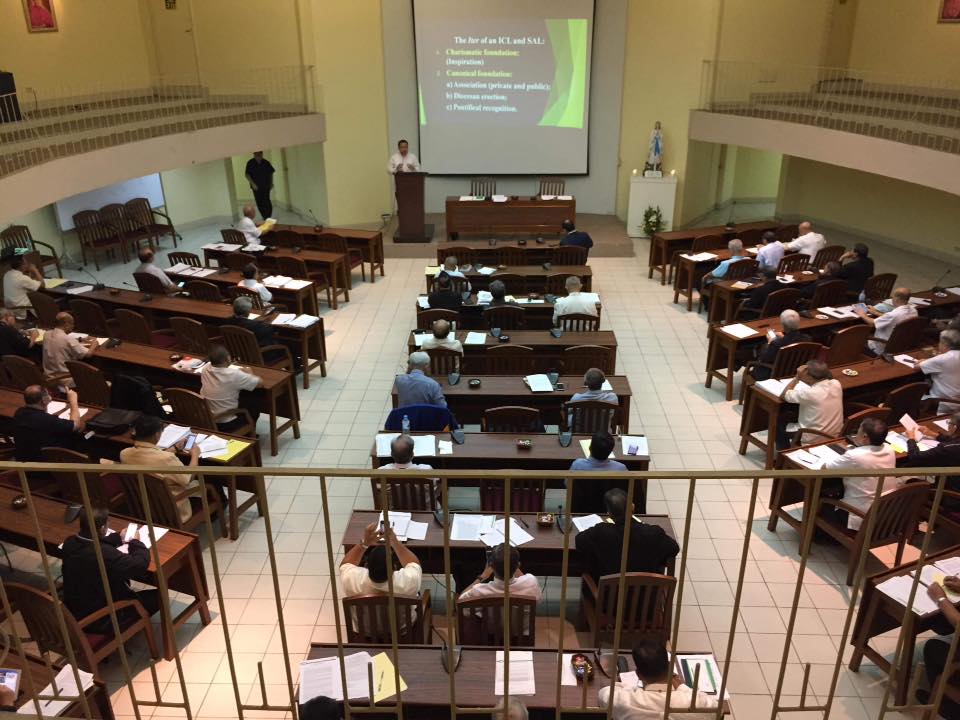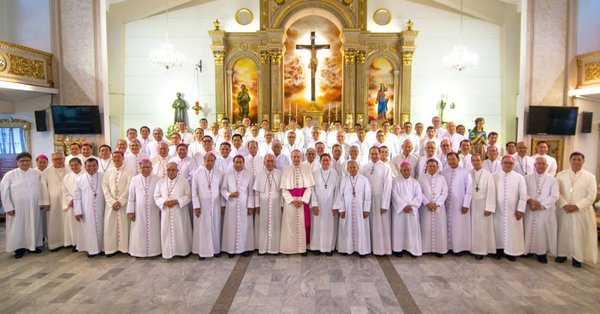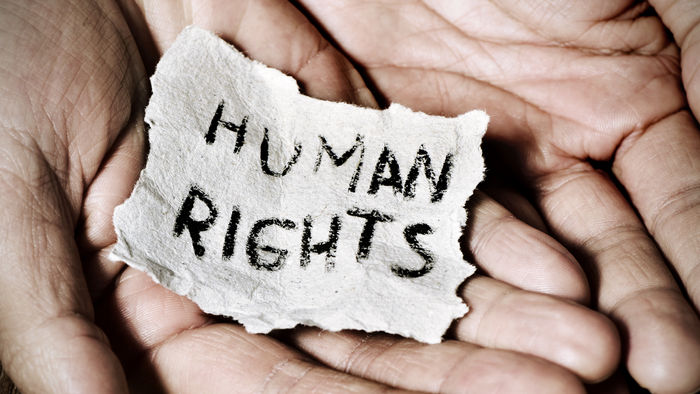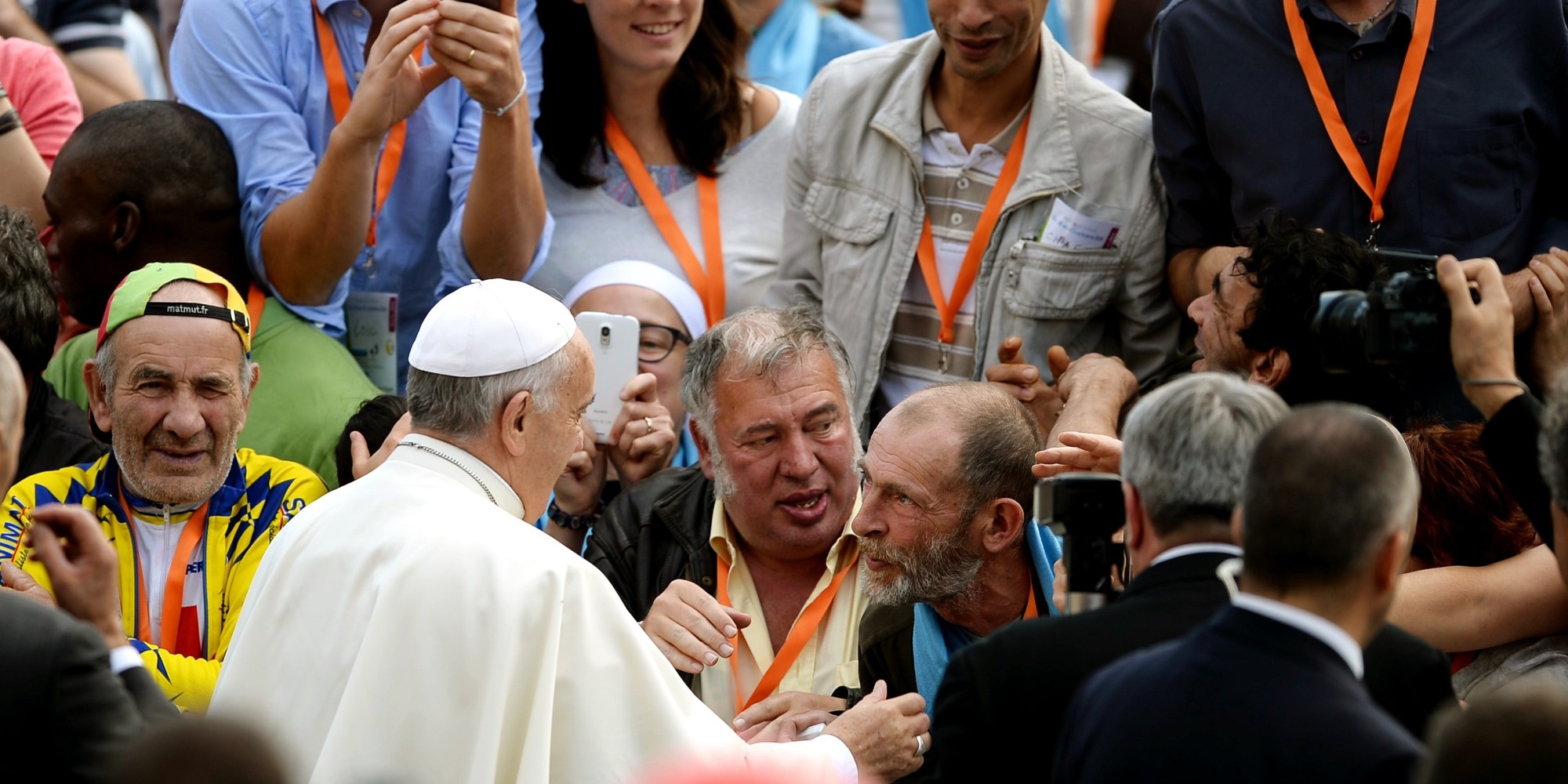
(Photo courtesy of Roi Lagarde.)
I was still on my way to Montreal (Canada) to visit my 8-year grand nephew, Angelo, who is suffering from cancer (called sarcoma) when I received an email from the secretary of our Cardinal Prefect telling me to be in Manila on July 8 to give a talk to the Bishops during the 117th CBCP Plenary Assembly, on the occasion of the Year of the Clergy and Consecrated Persons. The topic pertains to canonical issues and concerns related to the foundation of ‘new religious congregations’. Thus, barely three days after my arrival in Rome, I had to take a long flight again. Despite the jet lag, though, I brought with me some joyful anticipation and expectation for a couple of reasons.
For one, the invitation was the initiative of Archbishop Antonio ‘Tony’ Ledesma, SJ. of Cagayan de Oro, the current Chairman of the Episcopal Commission on Mutual Relations (between Bishops and Consecrated Persons). He was my Bishop during the first four years of my priestly ministry, as I was assigned in our new Claretian parish in Tungawan, in the [then] Prelature of Ipil. He was a newly ordained Bishop at that time way back in 1996 and I was a newly-ordained priest, too. So, collaborating with him after 18 years gave me joy and rekindled the memories of close partnership in the ministry. Besides, it was a simple way of saying ‘thank you’ to a dear Pastor one more time, or so I thought.
Looking back, Tungawan is my ‘first love’ as a missionary. It was there that I had my ‘baptism of fire’. As a young and inexperienced parish priest, I had to lead in the construction of the parish church out of very meager resources. But the determination and generosity of the parishioners were overwhelming. What the people could not possibly give in terms of money, they compensated by offering their time and strength, as they took turns working to build their church day and night (when the beams were put in place) for four years until its inauguration in 2000. Though the church does not bear any names of those who are responsible for its construction, its strong columns speak silently of the sweat and blood (literally) of the hundreds of people, mostly poor, including some non-Catholics, who were instrumental in building it.
Amidst this seemingly insurmountable task, there was the simple and unassuming Bishop Tony who was always there like a father. Coming from Zamboanga City or from Ipil, he would take his time to drop by to say ‘hello’ and to follow-up the unfolding project. And when my time came to leave my first assignment to begin my further studies in Rome, he was there to grace the send-off celebration with his presence, gifting me with reassuring words of gratitude and a token of appreciation – a bronze papal medal which continues to remind me of my first missionary love. In retrospect, I would say that when the Lord allows us to undergo special difficulties, He is preparing us for something greater and more profound. With the challenging Tungawan experience now over, my studies and stay in Rome would no longer be as difficult as I thought they were.
The second thing to look forward to during this speaking engagement was the rare opportunity to see up close and to share with most, if not all, of the Filipino Bishops of things that are within my area of competence. Our Pastors are oftentimes maligned, misunderstood and stereotyped, mostly by the misinformed and the purveyors of fake news, with only a few of us speaking about their crosses (their own, their priests’ and those of their flock) that they carry every single day. There were around 80 of them present, some already advanced in years, others newly-ordained, with their own stories of faith and concerns pertaining to their threefold office of governing, sanctifying and teaching. Individual Bishops may be diverse in many ways, but all of them are called by God, like St. Peter, to confirm our faith in the Risen Christ and to live close to us like “shepherds living with the smell of the sheep” (Pope Francis). If there is one common denominator among them, it is their unequivocal love for the Church as they feel and think with her – sentire cum Ecclesia.
I came to the CBCP Assembly to share common concerns and I left the same Assembly with a deep experience of the Church, especially in the breaking of the bread in the celebration of the Eucharist. Indeed, ‘Ubi episcopus, ibi ecclesia‘ Where there is a bishop, there is the Church. – St. Ambrose)
FR. ELIAS AYUBAN, CMF











